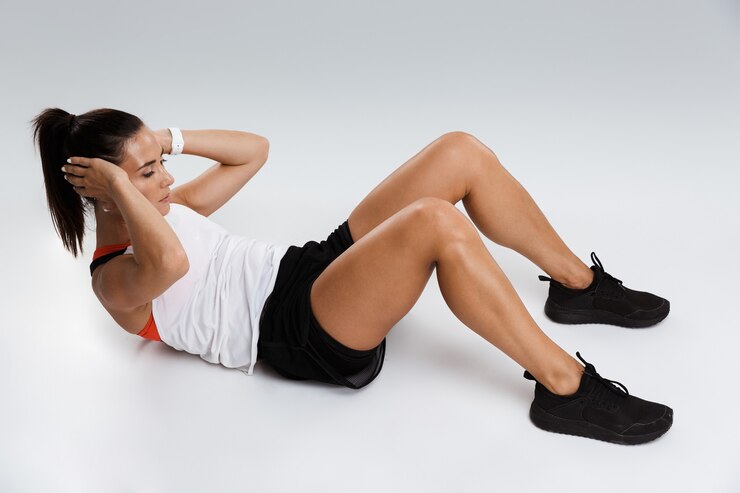Therapy tables serve as foundational tools in various healthcare practices, offering stability, comfort, and support during therapeutic interventions. While traditionally associated with massage therapy and physiotherapy, therapy tables have evolved to accommodate a diverse range of modalities, including yoga, Pilates, and more. These specialized tables cater to the unique needs of each practice, enhancing the overall experience for both practitioners and clients.
Yoga Therapy Tables: Aligning Body and Mind
Yoga therapy tables are designed to facilitate the practice of yoga postures with greater ease and precision. Unlike conventional massage tables, these specialized tables often feature additional padding and ergonomic designs to support a wider range of movements and positions. With adjustable height and tilt options, yoga therapy tables enable practitioners to customize the table according to the specific requirements of their practice.
One of the key features of yoga therapy tables is their ability to promote proper alignment and body awareness. The firm yet cushioned surface provides stability during asanas (yoga poses), allowing practitioners to focus on their breath and alignment without discomfort. Some tables also come equipped with built-in bolsters therapy table straps to assist with deeper stretches and relaxation techniques.
Moreover, yoga therapy tables can enhance accessibility for individuals with limited mobility or physical disabilities. The adjustable height and supportive features make it easier for people of all ages and abilities to participate in yoga therapy sessions, promoting inclusivity and holistic wellness.
Pilates Reformers: Precision and Control
Pilates reformers are specialized therapy tables that are synonymous with the practice of Pilates—a system of exercises designed to improve strength, flexibility, and posture. These tables typically consist of a sliding carriage attached to a frame with springs of varying resistance levels. By utilizing the resistance provided by the springs, practitioners can perform a wide range of movements with controlled precision and fluidity.
The design of Pilates reformers emphasizes core stability, alignment, and dynamic movement patterns. The sliding carriage allows for smooth, controlled motion, while the adjustable springs provide resistance tailored to individual strength and skill levels. This combination of features makes Pilates reformers highly versatile tools for rehabilitation, athletic conditioning, and mind-body integration.
In addition to traditional Pilates exercises, reformer tables can accommodate a variety of modifications and variations to target specific muscle groups or address specific rehabilitation goals. From gentle, therapeutic movements to high-intensity workouts, Pilates reformers offer endless possibilities for customization and progression.
Multi-Functional Tables: Versatility in Practice
In recent years, therapy tables have become increasingly versatile, catering to a wide range of therapeutic modalities beyond yoga and Pilates. Multi-functional tables are designed to accommodate various treatment approaches, including physical therapy, chiropractic care, acupuncture, and bodywork techniques.
These tables often feature modular designs with interchangeable components, allowing practitioners to customize the table according to their specific needs and preferences. For example, a multi-functional table may include detachable armrests, headrests, and extension panels to accommodate different treatment positions and techniques.
Moreover, multi-functional tables may incorporate advanced features such as electric height adjustment, heat therapy, vibration massage, and infrared technology to enhance the therapeutic experience. By integrating these innovative elements, practitioners can offer comprehensive treatment solutions that address both physical and emotional well-being.
Conclusion: Elevating Therapeutic Practices
Therapy tables play a crucial role in facilitating therapeutic interventions across a diverse range of modalities, from yoga and Pilates to physical therapy and beyond. By investing in specialized tables designed to accommodate specific needs and techniques, practitioners can enhance the effectiveness and accessibility of their practice while promoting holistic wellness and client satisfaction.
Whether it’s promoting proper alignment and body awareness in yoga therapy, facilitating controlled movement patterns in Pilates, or accommodating a variety of treatment approaches in multi-functional tables, these specialized tools are essential assets in the toolkit of healthcare professionals seeking to elevate the quality of care they provide. As the field of therapeutic modalities continues to evolve, so too will the innovation and design of therapy tables, ensuring that practitioners have the support they need to help their clients thrive.
Top of Form








